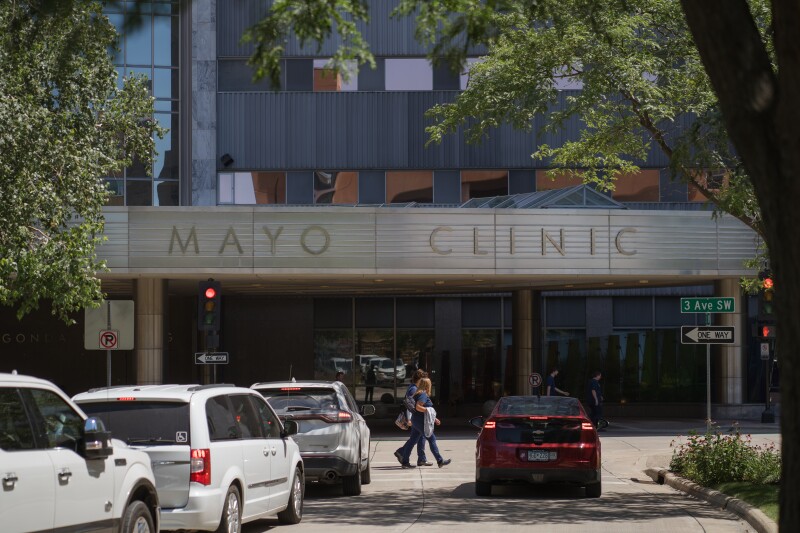On September 19, 2023, President Donald Trump announced a new proclamation imposing a fee of $100,000 on each H-1B visa application submitted by employers. This significant increase from the previous cost of approximately $3,380 could have profound implications for the recruitment of non-U.S. medical professionals at institutions like the Mayo Clinic in Rochester, Minnesota.
The H-1B visa program allows foreign professionals in specialty occupations to work in the United States for a maximum of six years. Each year, organizations such as Mayo Clinic apply to sponsor hundreds of H-1B visas for potential employees, according to data from the U.S. Citizenship and Immigration Services (USCIS). In 2025, Mayo Clinic had 366 H-1B applications approved, a slight decrease from 390 in 2024.
Details of the New Fee Structure
Legal experts, including Bo Cooper, a partner at Fragomen, Del Rey, Bernsen & Loewy in Washington, D.C., clarified that the $100,000 fee is a one-time charge applicable to new petitions filed on or after September 21, 2025. Cooper emphasized that this fee will not affect existing H-1B visa holders or their extensions.
“This increase is a substantial jump in costs for employers,” Cooper stated. “However, it specifically targets new applications and does not apply to every H-1B visa.”
Mayo Clinic, recognized as the third-largest sponsor of H-1B visas in Minnesota, primarily recruits physicians, who make up a significant portion of their H-1B visa holders. In 2025, out of the approved applications, 153 were for clinical residents. To practice medicine in the U.S., non-U.S. doctors must complete a medical residency either in the United States or Canada.
Potential Exemptions and Broader Implications
Following the announcement, there were indications that the Trump administration might consider exemptions for certain professions, particularly those deemed critical to U.S. national interests, such as healthcare. “The proclamation does allow for exemptions where the Department of Homeland Security decides the employment is in the U.S. national interest,” Cooper noted. The specific roles that may qualify for these exemptions remain undefined, though healthcare positions are likely candidates due to ongoing demands for skilled professionals.
In addition to medical staff, Mayo Clinic employs foreign professionals in various roles, including research associates, social workers, and senior software engineers. The University of Minnesota also sponsors H-1B visas, having approved 165 applications this year. A university spokesperson affirmed their commitment to informing affected community members about immigration policies to ensure compliance.
Legal challenges against the new fee are anticipated, although Cooper mentioned the outcome remains uncertain. “Congress and the Supreme Court have granted broad authority to restrict the entry of individuals based on national interests,” he explained. “Yet, this proclamation presents unique circumstances compared to previous instances, particularly regarding H-1B fees, where Congress has already established guidelines.”
As the new regulations unfold, both employers and prospective foreign employees are closely monitoring the impact on high-priority hires in the healthcare sector and beyond.





































































